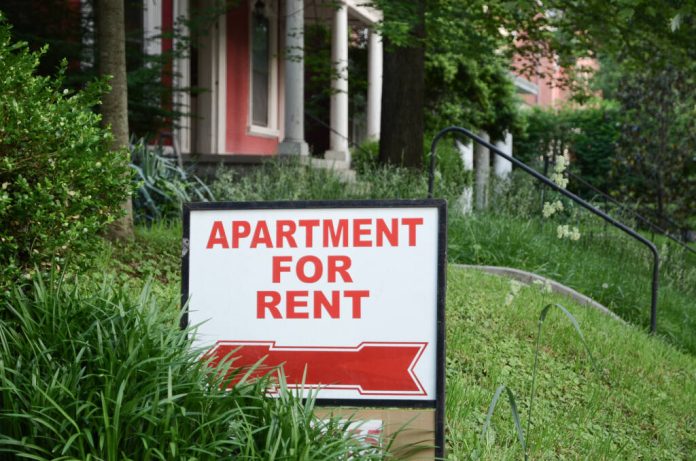A concern I had for renters recently materialized: rents soared due to a combination of increasing home prices, growing household formation, and a shortage of inventory during the pandemic. The pressing question now is: how long will this trend in rising rents continue?
This situation may not evoke sympathy for those long opposed to homeownership, as they’ve likely been saving and investing in stocks and other asset classes. Given the strong performance of these assets over time, such renters may have also fared well financially.
However, this article is primarily for those who have been eager to buy real estate but couldn’t due to various reasons. It aims to provide insights into your future housing situation.
Looking at the data, Zillow reported an 11.5% increase in rent in 2021, a significant jump from the previous year. Similarly, ApartmentList noted a record 17.6% rise in rents during the same period. In 2022, while the pace of rent increase slowed down to about 4.8%, it was still a noticeable uptick.
Regarding the future of rent increases, I believe rents will start declining in 2023 by around 5%. This prediction is based on several factors, including a potential 8% drop in home prices and the overall economic impact of the Federal Reserve’s rate hikes in 2022. Signs like decreasing gas prices, reduced used car prices, and falling global freight rates also indicate a trend towards lower inflation.
The New Tenant Repeat Rent Index, introduced by researchers at the BLS and Cleveland Fed, suggests a significant downturn in rent increases. This index aims to reflect real-time changes in rent, offering a more current perspective than the CPI, which tends to lag due to its methodology.
It’s important to distinguish between slowing rent price growth and actual negative growth. Think of it as a car slowing down from 85 mph to 65 mph – it’s still moving forward, just not as fast. After a 4.8% year-over-year increase in 2022, I expect the growth to decelerate to about 2-3% by the end of the year.
As we look ahead to 2023, renters might find some relief as rent prices are expected to decrease. This could also present a good opportunity for property purchases, especially if returns from equities and bonds are projected to decline significantly over the next decade.
The value of a home has fundamentally increased post-pandemic, as we spend more time at home and appreciate our living spaces more. I anticipate a long-term trend towards single-family and multifamily home investments.
For renters looking to manage living expenses, understanding the latest market conditions is crucial. Landlords often can’t raise rents as quickly as the market changes due to various factors, meaning renters are often paying below the current market rate, which works in their favor.
It’s also important to remember that landlords face rising expenses too, which can include insurance, maintenance, mortgage, property taxes, and more. A harmonious relationship with your landlord can be beneficial, as contentious interactions could lead to rent hikes or eviction.
Practicing Stealth Wealth can also help renters. If a landlord perceives a tenant as financially comfortable, they might be more inclined to increase rent.
For renters, it’s vital to save and invest the difference between renting and homeownership costs. Long-term renting without investing can lead to financial setbacks compared to homeowners, given the nature of forced savings through mortgage payments and real estate appreciation.
Always be on the lookout for buying opportunities, even when renting. Neighborhoods can be trial-tested through renting, and online tools can help track rent and property price trends.
Rising rents can signal a robust local economy, so an increase in rent could mean more job opportunities and higher wages. It’s essential to own your primary residence, invest in real estate, and diversify into stocks and other assets for long-term financial growth.
For those interested in real estate investment without the responsibilities of being a landlord, platforms like Fundrise offer opportunities to invest in residential rental properties across the country. Fundrise manages a significant portfolio and allows investments as low as $10, making real estate investment accessible to a broader audience.


